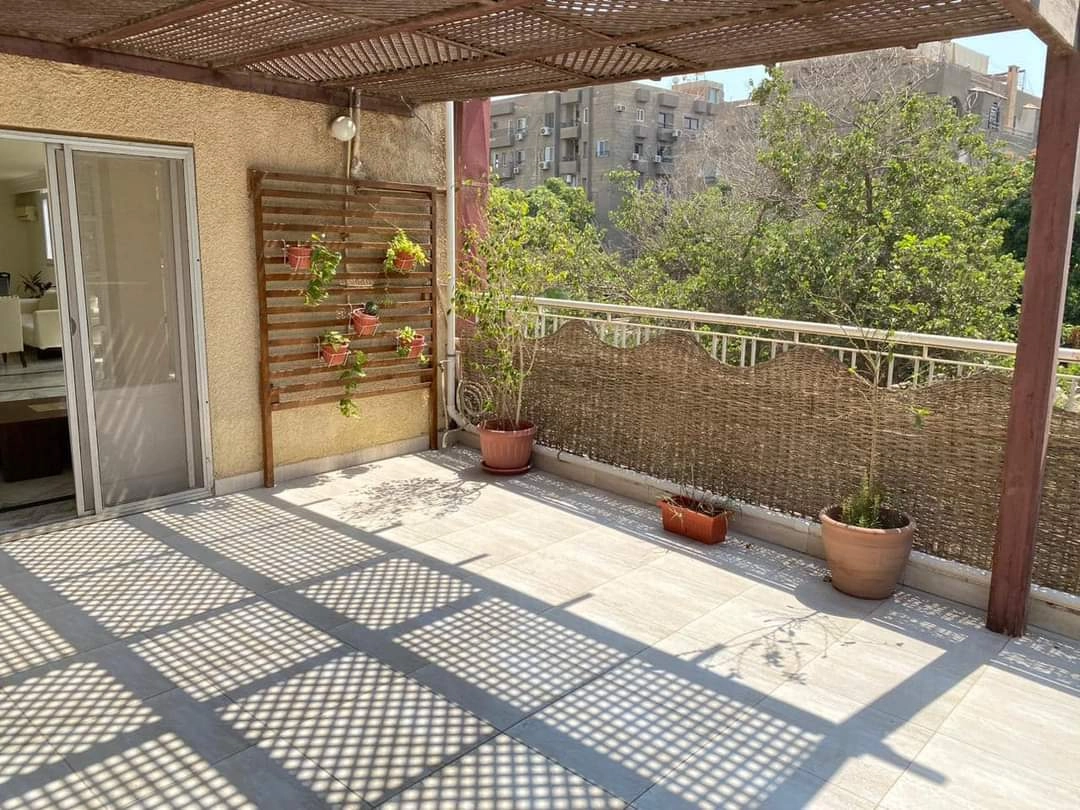Table of Contents
ToggleAre you thinking about registering your property in Egypt?
Property registration in Egypt is a critical step for individuals and companies intending to acquire or transfer real estate rights legally. Despite efforts to modernize the system, property registration can be a complex process, particularly for foreign investors or those unfamiliar with local regulations. Understanding the legal framework, the procedures involved, and the expected timelines is essential for ensuring a smooth property transaction. This article offers a comprehensive overview of the property registration process in Egypt, detailing each step and the typical timeline for completion.
Legal Framework
The primary legal instrument governing property registration in Egypt is Law No. 114 of 1946, also known as the Real Estate Registration Law. The Real Estate Publicity Department, operating under the Ministry of Justice, is the authority responsible for managing the official records of property ownership.
In recent years, amendments and initiatives—such as the Law No. 9 of 2022—have aimed to modernize and simplify registration procedures, encouraging more Egyptians to officially register their properties and reducing reliance on informal documentation.
Why Property Registration is Important
Property registration serves several crucial functions:
-
Legal recognition of ownership
-
Protection from disputes or fraud
-
Eligibility for bank financing
-
Ability to transfer or sell property legally
-
Government tax assessment and service eligibility
Unregistered properties are common in Egypt, especially in rural and informal urban areas. However, without registration, owners lack legal recourse and face challenges in selling, leasing, or bequeathing property.
Types of Property Registration
There are two primary methods of registering property in Egypt:
-
Official Registration (Real Estate Publicity)
This method grants full legal ownership and allows for complete rights transfer. -
Notarized Contracts (Validation of Signature)
Less formal and does not confer full ownership rights. It offers limited legal protection and is not considered sufficient for bank loans or reselling.
For full legal recognition, properties must be registered with the Real Estate Publicity Department.
Step-by-Step Property Registration Process
Title Search and Verification
Before initiating the registration, the buyer must ensure the property’s title is clear of any disputes or encumbrances. This involves:
-
Checking ownership history
-
Verifying property boundaries
-
Ensuring there are no outstanding mortgages or legal claims
Legal assistance is often necessary at this stage to interpret documents and conduct due diligence.
Contract Drafting and Agreement
Once the title is verified, both buyer and seller enter into a preliminary contract (commonly called an “initial sale contract”). This contract outlines:
-
Property details
-
Purchase price
-
Payment terms
-
Obligations of both parties
Although this contract is legally binding between the parties, it does not grant official ownership until registered.
Validation of Signatures
The initial contract must be notarized at the Notary Public Office (Shahr El-Aqari). This process includes:
-
Presentation of national IDs or passports
-
Signing in the presence of a notary
-
Payment of validation fees
This step gives the contract a time-stamped legal status, often used in courts if needed.
Submission to Real Estate Publicity Department
To formally register the property, the buyer (or legal representative) must submit an application to the Real Estate Publicity Department, including:
-
Validated sale contract
-
Identity documents of both parties
-
Proof of payment (receipt)
-
Title deeds and survey documents
-
Tax clearance and utility documents
Technical Inspection and Survey
The department conducts a field inspection to verify the property’s:
-
Physical boundaries
-
Usage
-
Consistency with registered documents
This step may involve the Survey Authority, particularly for larger plots or non-residential properties.
Tax Assessment and Payment
A property registration tax is calculated based on the property’s value and location. The buyer must pay:
-
A registration fee (usually 2%-3% of the property value)
-
Stamp duties
-
Administrative fees
Receipts must be attached to the registration file.
Review and Approval
Officials review the submitted file for accuracy and completeness. If the documents are in order and fees are paid, the transaction is approved.
If any inconsistencies or legal issues arise, the application may be delayed or rejected until they are resolved.
Issuance of Title Deed
Once the registration is approved, the buyer receives an official title deed (Sanad Tamlik), confirming their ownership rights. This document is the ultimate proof of legal ownership and is recorded in the national property registry.
Typical Timeline for Registration
The timeline for property registration in Egypt can vary depending on the property’s documentation, location, and the efficiency of the local authorities. A general estimate is as follows:
| Stage | Estimated Timeframe |
|---|---|
| Title search and contract drafting | 1–2 weeks |
| Signature validation | 1–3 days |
| File submission and inspection | 2–4 weeks |
| Tax calculation and payment | 1–2 weeks |
| Review and title deed issuance | 2–4 weeks |
| Total Estimated Time | 6–10 weeks |
However, delays are common, especially in older properties or in cases where historical documentation is lacking. Properties in new urban communities or those developed by governmental agencies like the New Urban Communities Authority (NUCA) often have more streamlined processes.
Challenges and Common Issues
Some of the most common obstacles in the Egyptian property registration system include:
-
Bureaucracy and delays due to paper-based processes
-
Informal ownership records in older neighborhoods
-
Disputes among heirs in inherited properties
-
Inadequate documentation in rural or unplanned areas
-
Overlapping jurisdiction between different government agencies
The Egyptian government has introduced digital initiatives and new legislation to address these issues, though full reform is still underway.
Recent Reforms and Future Outlook
To improve the registration process and attract investment, Egypt has launched several initiatives:
-
Digitalization of the real estate registry system
-
Establishment of one-stop service centers
-
Introduction of Law No. 9 of 2022, requiring registration for utilities and real estate transactions
-
Promoting legal awareness among citizens
As these reforms take effect, the registration process is expected to become faster, more transparent, and more accessible, particularly in urban developments.
Conclusion
Registering property in Egypt is essential for securing ownership rights and ensuring the legality of any real estate transaction. While the process involves multiple steps—ranging from legal checks and notarization to technical inspection and tax payment—understanding the timeline and documentation requirements can make the experience smoother. Though challenges remain, ongoing reforms are making property registration more efficient and investor-friendly, signaling a promising future for Egypt’s real estate market.
Frequently Asked Questions
Why is it necessary to register property in Egypt?
Property registration in Egypt is essential for several legal and practical reasons. Without registration:
-
Ownership is not officially recognized by the state.
-
The property owner cannot sell, mortgage, or transfer the property legally.
-
Legal protection against disputes or fraudulent claims is limited.
-
Access to bank financing is restricted, as financial institutions require official ownership proof.
-
Utility connections (electricity, water, gas) often require a registered title deed.
Registering a property guarantees legal rights and prevents future complications, especially in inheritance, investment, or resale scenarios.
What are the main types of property registration methods in Egypt?
There are two main methods:
-
Real Estate Publicity Registration (Shahr Aqary):
-
Offers full legal ownership.
-
Mandatory for complete legal protection.
-
Allows resale, inheritance, and use in court.
-
-
Signature Validation (Sahha Taqeeya):
-
Involves notarizing a sale contract without full registration.
-
Provides limited legal protection.
-
Common in informal property transactions, but not recognized for bank loans or full ownership rights.
-
Only the first method (publicity registration) is considered complete and legally binding in all contexts.
What documents are required to register property in Egypt?
The required documents typically include:
-
Validated preliminary sale contract (Sahha Taqeeya)
-
National ID cards or passports of both parties
-
Previous title deed (if available)
-
Proof of full payment or payment plan
-
Tax clearance certificate
-
Utility clearance or connection documents
-
Cadastral survey or site plan showing the exact property boundaries
Additional documents may be required depending on the property type (e.g., agricultural, residential, commercial) or location.
How long does the property registration process typically take in Egypt?
The process generally takes 6 to 10 weeks, depending on:
-
Completeness of documentation
-
Location (urban areas often take less time)
-
Availability of past ownership records
-
Any disputes or encumbrances
-
Efficiency of the local registration office
Delays may occur due to bureaucracy, incomplete paperwork, or a backlog at the Real Estate Publicity Department.
What government bodies are involved in the registration process?
The primary authorities include:
-
Real Estate Publicity Department (Shahr El Aqary):
Handles official registration and issuance of title deeds. -
Survey Authority:
Conducts physical inspections and confirms property boundaries. -
Notary Public (Maḥkama or Shahr El Aqary):
Validates signatures and authenticates contracts. -
Tax Authority:
Assesses and collects property transfer and registration taxes.
Depending on the property type, New Urban Communities Authority (NUCA) or local municipalities may also be involved.
